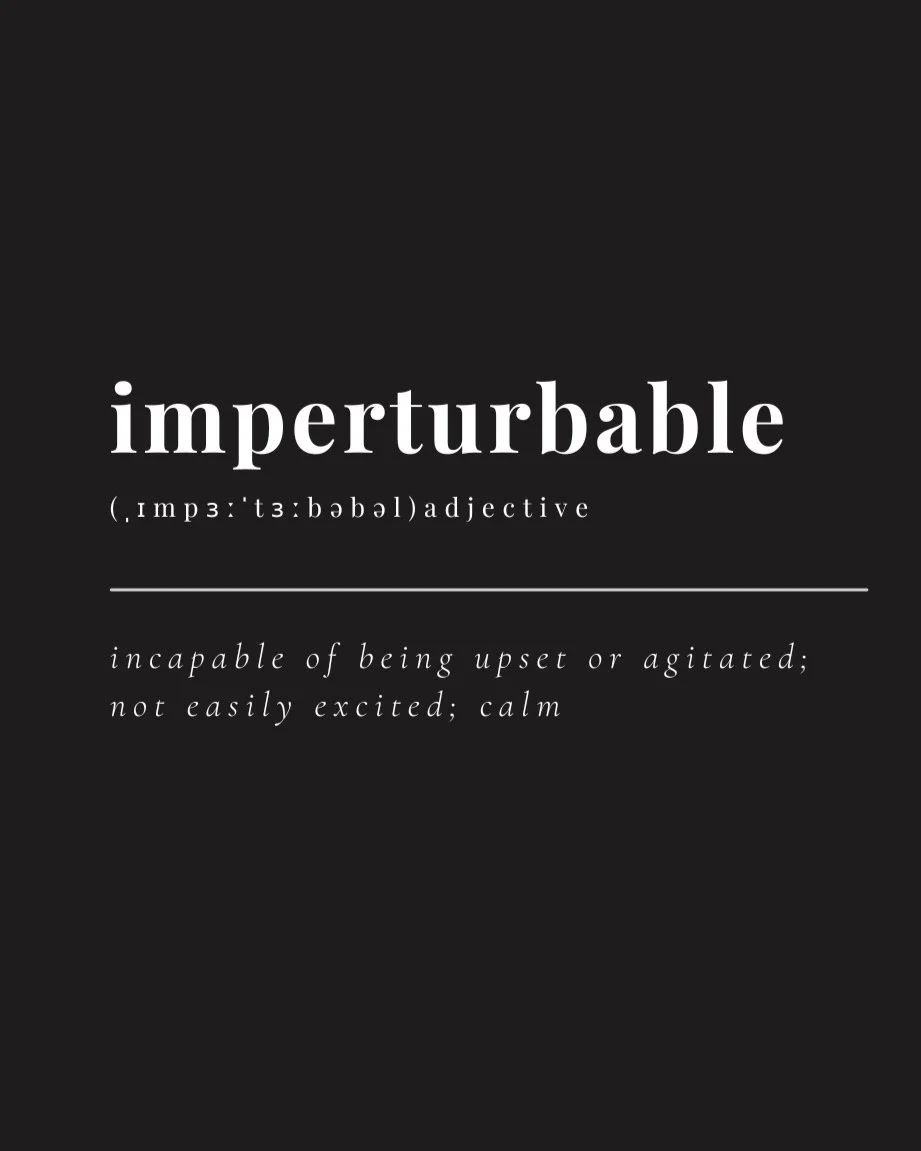React Less, Respond More
—The Power of Emotional Intelligence
We’ve all been there. A stressful conversation, a frustrating email, an unexpected challenge. In those moments, we have a choice: react or respond.
Reacting is impulsive. It’s driven by stress, frustration, and emotions that cloud our thinking. It often leads to poor decisions, strained relationships, and missed opportunities.
Responding, on the other hand, is intentional. It requires emotional intelligence—the ability to recognize emotions in ourselves and others, regulate our responses, and communicate effectively.
A Life Lesson in Emotional Intelligence
My husband Joel’s grandad, Clarence Thompson, was a God-fearing, hardworking farmer. At his funeral, he was described as imperturbable—a word that means incapable of being upset or agitated; not easily excited; calm.
That single word left a lasting impression on me—so much so that I printed it on cards, shared them with others, and even carry a stack in my purse.
Why? Because imperturbability is emotional intelligence in action. It’s the ability to stay steady when life gets chaotic. It’s the strength to pause before reacting, to choose wisdom over impulse, and to bring calm into stressful situations.
How This Plays Out in Real Life
So how do we know the difference between reacting and responding?
Here are a few everyday examples:
✅ Emotionally Intelligent Response: “That upsets me, and here’s why…” (Acknowledging feelings while staying in control.)
❌ Reactive Response: Slamming a door, raising your voice, or shutting down (letting emotions dictate behavior).
✅ Emotionally Intelligent Leadership: A manager notices a team member is disengaged and asks, “Is everything okay? How can I support you?”
❌ Reactive Leadership: A manager assumes laziness and responds with frustration, saying, “You need to step up.”
✅ Emotionally Intelligent Communication: When receiving critical feedback, responding with, “Thanks for sharing. Can you clarify so I can improve?”
❌ Reactive Communication: Becoming defensive, making excuses, or shutting down.
The key is pausing before responding—taking a breath, assessing the situation, and choosing words or actions that move things forward instead of making them worse.
Emotional intelligence is what turns conflict into collaboration, frustration into growth, and good leaders into great ones. So the next time you’re in a tough moment, ask yourself: Am I reacting or responding?
And maybe, just maybe, strive to be a little more imperturbable.


